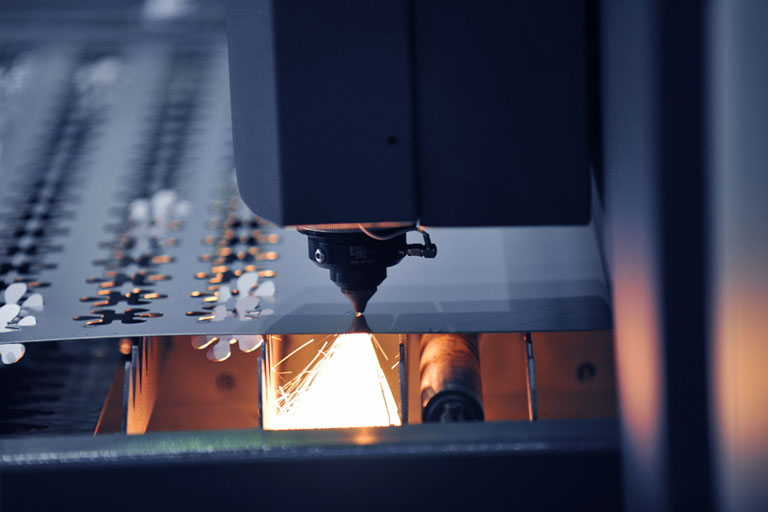
Lasers have a remarkable range of applications that extend far beyond what you might initially envision. They can mark, etch, or engrave a wide array of products, including but not limited to smartphones, laptops, jewelry, book covers, sporting goods, and much more. The best laser cutting and engraving machines are versatile tools that can craft logos, intricate decorative patterns, crucial safety instructions, barcodes, or any other permanent markings needed on a product or its packaging. With the increasing popularity of this technology, an ever-growing number of businesses are incorporating lasers into their manufacturing processes. So, the fundamental question arises: what attributes make laser technology so advantageous for manufacturers worldwide?
Table of Contents
It’s eco-friendly
Consider the amount of waste produced through the use of standard ink printers, especially those used in a production facility. Many ink cartridges wind up in landfills, and even if you use recyclable ink cartridges, the recycling process usually produces a tremendous amount of harmful fumes and emissions. The ink itself can also be damaging to the environment, as many types of ink contain hazardous chemicals that seep into the ground as they break down and degrade.
The laser etching process doesn’t involve the use of ink or their cartridges. Lasers also don’t require chemicals that eventually wind up in the ground! This makes laser engraving a very eco-friendly process.
Non contact process
Stamping a product involves contact between the product and a press of some sort. Some products can get damaged by even minimal pressure and contact, or the ink used for printing might bleed into the product or smear across its surface.
Laser engraving involves no contact so it’s safe to use for delicate products, porous materials, or any material that might be compromised by pressing, printing, or stamping. Laser engraving also won’t strip away coatings or paints, and won’t dislodge aggregates or anything else embedded in a product’s surface.
Ink printing is not always precise
Standard ink printing on a product or package often results in smearing and imprecise lettering, especially if the item is moving while being printed! Laser engraving is much more exact and can create the smallest of lettering and symbols with precision, even if a product is moving or vibrating.
Precision engraving is essential for virtually any product or application, but it can be especially necessary for lettering and symbols required for government compliance. If your product needs special warnings, symbols, or handling instructions on its front, you don’t want to take the risk of having illegible or unreadable lettering due to poor printing processes. Laser engraving can also be needed for foreign languages and symbols, as these often need to be very precise to be legible.
Laser engraving is very adaptable
If a production line switches between products, the manufacturer might need to stop and change the ink cartridge in an inkjet printer, or reset the distance from the printer or stamping machine to the product, and so on. This stoppage can slow down production or even bring it to a grinding halt!
Laser engraving is much more adaptable, as you don’t need to manually adjust distances, depth of spray, pressing depth, and other such details, and there are no inks to swap out or cartridges to change. Your production processes won’t be slowed down even if you need to switch between several different products, packaging, and the like.
There are many benefits to using laser engraving in the production of products and packaging. Whatever your product, the speed of production, or needs for compliance, laser engraving is frequently the most efficient and precise means of labelling or other markings items. As the technology becomes more affordable, we expect to see more businesses switch to lasers for their production process. And overall, this would reduce the need for traditional printing methods and result in a big win for our environment.


Thanks for the interesting article for laser engraving technology. It’s interesting to learn that this is actually very eco-friendly because it doesn’t use any chemicals that can wind up in the ground. This sounds like it could be really useful especially if a project needs a lot of products to be engraved.